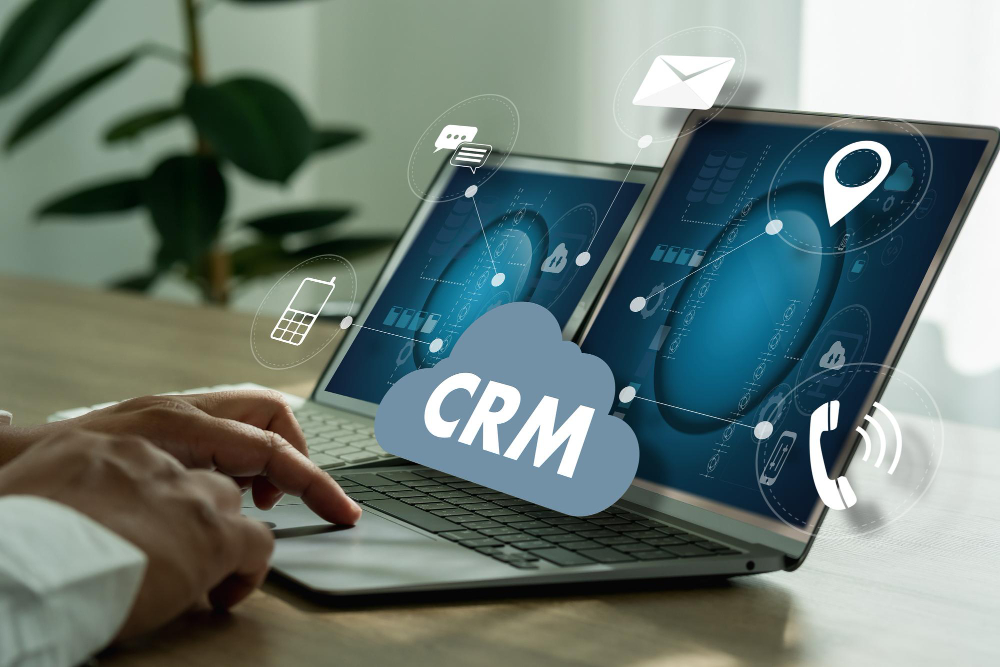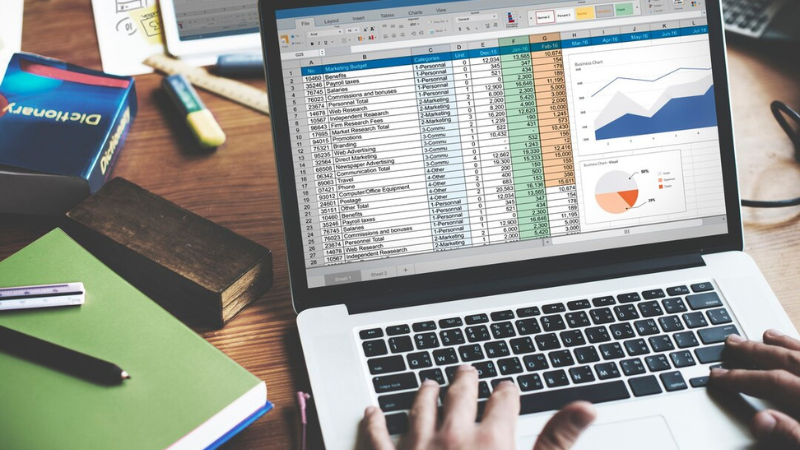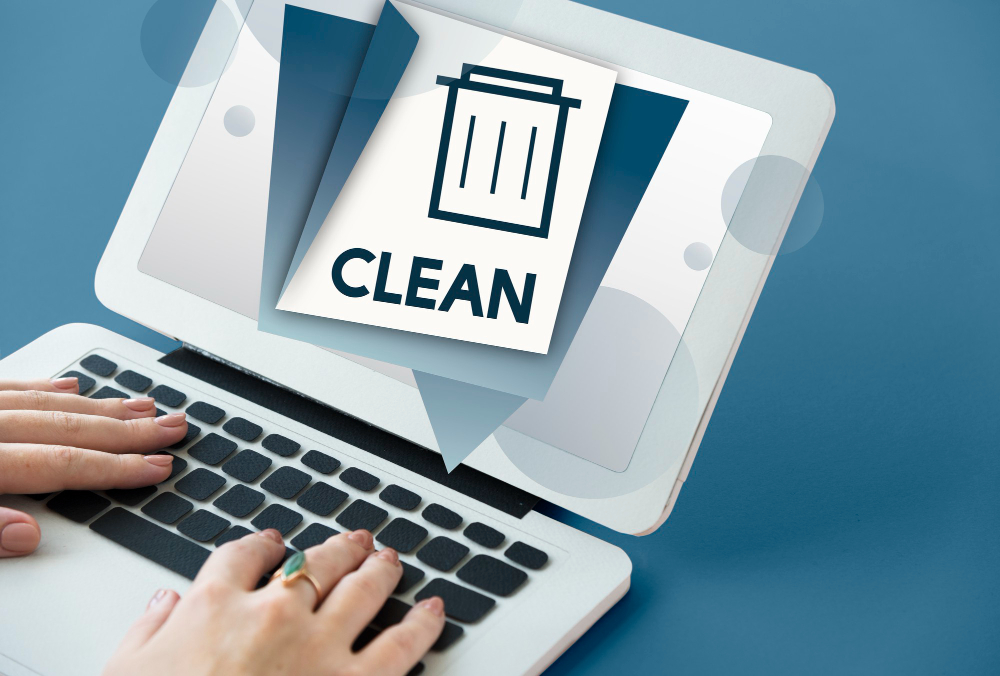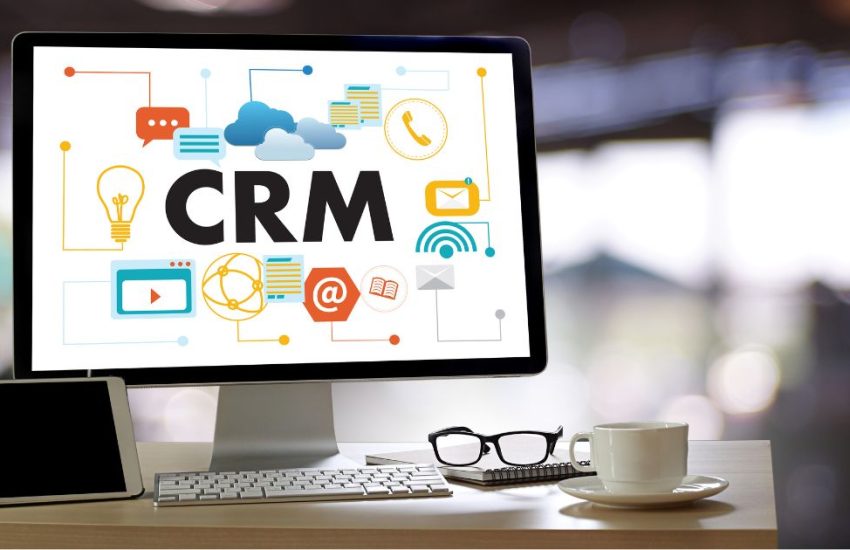Maintaining data hygiene can help your marketing and sales team access quality data and leverage it to fuel their strategies, like providing offers, sending personalized messages and emails, and more at the right time.
Modern businesses, be it products-based or service-based, now want to judicially collect customer information and store it in their CRM systems to use it for marketing purposes.
But you must have an idea whether the data you collect is bad or good. Bad data can harm your business in so many ways, like degrading the quality of your customer service.
Thus, always seek to maintain high data quality in your CRM by following CRM data hygiene best practices and avoiding such scenarios.
So, are you wondering what is CRM data hygiene and why it is important? Read on.
In this article, I’ll explain all these details along with some best practices that you can consider following.
What Is CRM Data Hygiene?
Before covering CRM data hygiene, let’s answer this – what is data hygiene?
Data hygiene is a complete process of maintaining the cleanliness of data, ensuring accurate and high-quality data in the database. Data hygiene leads your business to become more efficient and stronger in its operations. Consequently, you can achieve more leads, sales, and success.


Similarly, CRM data hygiene is a process of cleaning bad data and keeping up-to-date, useful, and error-free data in your customer relationship management (CRM) tool or software.
Modern businesses should follow effective techniques and practices to gather quality data from customers in CRM. This means you must store accurate, consistent, complete, relevant, and updated data in your CRM systems.
Here, when I say bad data, it means I am referring to outdated or incomplete customer information, irrelevant details, wrong contact numbers, duplicate fields, and so on. On the other hand, good data refers is complete, consistent everywhere, relevant for your business, accurate about your customers, and up-to-date for use.
Therefore, CRM data hygiene is a technique that you can implement in your company. You can review data continuously to ensure that the data you store and keep is of top-notch quality.
So, by having access to quality data, you can improve your business and bring greater success.
Why Is CRM Data Hygiene Important?
Better Customer Relationship
You don’t know your customer personally but with the help of correct data. So, using quality data, you can build great relationships with your customers.


However, if you have poor data in your CRM, it may lead to poor communications. You won’t be able to make personalized discounts, share correct emails, provide transparency, and attract customers to take your product and services.
Therefore, you need to implement data hygiene practices to gather correct and clean information. As a result, you will be able to send personalized messages and encourage and attract more customers to buy and trust your product and services.
For example, you have a regular customer, and you want to give a discount offer on a special occasion, let’s say a birthday. If the data is incomplete, you won’t be able to track the exact birthday, correct name, or preferences of products. Thus, you can’t provide offers on time.
Increased Productivity
The quality of data is directly related to your work efficiency, especially marketing and sales work.


Sales and marketing teams use CRM data to provide personalized offers, send recommendations of products, introduce new products, improve relationships with customers, identify customers’ demands, and a lot more.
You can’t afford poor-quality data in your CRM systems as it will slow down your operations and sales processes.
Thus, CRM data hygiene helps your organization enhance productivity, improve ROI, and increase the team’s efficiency.
Build Good Reputation
To attract prospects, you must use quality data from your CRM systems. It will help you build good relationships with your customers and also enhance your products or services reach across the region.
For example, you decide you give an enticing offer to a couple whose anniversary is due this month. Suppose you have a saved date of 12th Dec of a customer, but the anniversary is actually on 2nd Dec. So, by the time you send them the offer, the date has already passed. This inaccurate data may lead you to lose a sale or your brand reputation.
But if you maintain CRM data hygiene, you will have correct data in your CRM so that you can send the right offers or personalized messages at the right time, enhancing the credibility of your business. As a result, your reputation is enhanced in the market, which helps convert more leads into customers.
Common Data Hygiene Issues


Data Duplication
Duplicate data in CRM systems is a common issue. When collecting customer data from various sources, you might end up storing the same information several times unintentionally. It can bring chaos to your databases and cause issues in your work later.
When this happens, you may see exact information stored many times or other information in the same segment. For example, you collect data like name, address, phone number, and other details of a customer. For the same customer, you might again store some different addresses and phone numbers. This will result in duplication of the data.
Duplicate data makes your CRM systems inefficient so any further task using this data will be risky for your business. It can lead to a lack of sales, lost customers, more storage costs, missed opportunities, and more.
Incomplete Data
Incomplete data occurs when there is some missing information or no data in the field while observing a particular segment of information. This happens due to lost files, equipment failures, server problems, incomplete entry of that data, and other reasons.
Some incomplete data can be ignored if they are not that important for your business, like full address, profession of a customer, etc. To maintain CRM data hygiene for your business, you must review the information you have and save the required set of data fully to enhance operations and success rates.
Outdated Data
Once data is collected, you must review and update the data set periodically. Sometimes, outdated data can cause more chaos than missing data. If you have old files that are not in use, remove them from the systems and update the new information in your CRM systems.
The decision-making process always needs the latest and fresh data. If the data you have is no longer correct or relevant but you use it in your operations anyway, you might make bad decisions out of it, which can negatively impact your business.
For example, you want to send emails to a group of regular customers offering Black Friday deals. Let’s say you have 1000 emails, out of which 350 emails are outdated or no longer in use by the customer. You can never send any personalized offers to them and they will not be able to know the offers, resulting in lost customers.
Best Practices to Maintain CRM Data Hygiene
Some CRM data hygiene best practices are as follows:
#1. Accurate Data Entry and Validation
When you gather data, you must ensure it’s accurate and of high quality to be stored in your CRM systems. First, you need to check if you are using the right tools to collect data and ensure its accuracy.


In addition, you need to identify the bad sources of data and also check the ways you are receiving data. Sometimes there are time-bound changes in the data, such as addresses, email IDs, marital status, and more. Moreover, you must focus on updating the data fields by collecting the latest data from time to time.
You also need to follow a data validation process to ensure the quality of information you store. When you collect data from different sources, let your team verify and validate the data so that there will be a consistent flow of quality data into your CRM systems
#2. Regular Data Cleansing
Regular data cleansing is an essential practice to maintain good data hygiene throughout your CRM systems. It involves correcting rogue data, detecting false information, removing data errors, completing missing data, and so on.
To make informed decisions, data analysis plays a major role. Incomplete or irrelevant data may result in giving you the wrong idea, impacting your business. Therefore, you must follow data cleaning strategies to increase the reliability of the data and gain better insights to make data-driven decisions smoothly.


Your organization collects millions of data every day that your team finds it difficult to verify at a time. You need a standard format to gather information accordingly, such as country-wise phone numbers, capitalization, state or country spellings, proper characters, and more.
To get accurate data, your team needs to follow specific guidelines, attend training sessions, track incoming records, and more. You can also merge similar records to avoid an overload of data.
#3. Data Enrichment
Data enrichment is used to improve your CRM data with information from reliable sources, both first-party and third-party. It includes filling up missing information, verifying data, ensuring up-to-date data, and so on.
The best way to enrich your existing data is to buy it from trustworthy third-party sources. This will improve your data accuracy, personalization marketing, attract customers’ interests, and more.
Its primary aim is to give detailed information and an accurate view of CRM data. This helps you improve marketing and sales processes and enhance understanding of customer preferences.
In order to implement data enrichment practices, you first need to establish quality standards for the data you collect every day. Furthermore, you can update the information anytime by filling up gaps to send personalized emails or SMS easily.
#4. Implementing Data Governance Policies
Data governance policies guard your CRM systems and help your business manage the risks, minimize costs, and bring other benefits. It is the process of tracking your CRM data, utilizing data in a proper way, and protecting your customers’ data.


To implement a data governance policy in your business, you need to understand your objectives and perform a team meeting to discuss the benefits of using this policy. You can assign tasks to your data handling team to execute governance policies in your CRM systems. In addition, a training program will be helpful to give your team confidence in handling data.
Furthermore, you can measure and track the benefits you get after implementing a data governance framework and establish a risk-free culture in your business.
You can also use data governance software to improve the effectiveness and approach of your governance program.
#5. Delete Unnecessary Data
Unnecessary data burdens your CRM database and other systems that use it, resulting in serious implications. So, removing this data is crucial to maintain good business growth. Implementing up-to-date CRM data lets you know your customers and understand their preferences to make the strategies effective.
You can improve your decision-making process, reduce unnecessary burdens, save time and money, enhance productivity, increase revenue, build reputation, and reduce risks. Deleting data you don’t require enables you to manage your data in a better way and grow faster.
#6. Eliminate Data Silos
If one team is able to access a group of data but other teams can’t, data silos arise. This could happen when your business uses different tools for different departments to collect raw data. Hence, these are common in large enterprises where each department has its own priorities and objectives.
Data silos block transparency, reduce efficiencies, and harm your business. Thus, you must eliminate data silos to foster transparency and efficiency of work. To do so, you need to integrate all the solutions with a unified software solution so that all the team members can access any set of data easily. It also helps in refilling the gaps created due to data silos.
The most important thing you can do is to gather and store all your data in a data warehouse. Centralizing the data helps your team access data quickly and helps you assign authorization to managers to protect sensitive data.
#7. Training and Education
Your team roles and responsibilities play a vital role in maintaining data hygiene. They are responsible for analyzing new trends in marketing and gathering data from different sources effectively, checking data quality, verifying the collected data, and doing more. To take such responsibility, one should understand the need for data hygiene.


You can introduce training programs and educate them on how they can collect, govern, validate, clean, and utilize data in their CRM systems. In addition, you can teach them about cyber threats and let them secure data. Moreover, you can keep certain guidelines or policies for your team to follow.
FAQs
Answer: To maintain good data hygiene, you will need to capture or collect data from different sources, validate it as per the standards, regularly review the data to find incomplete misspelled information, and update it after a specific time to match new market trends.
Answer: Follow simple procedures to improve data integrity – cleaning of bad data, establishing an entry format for data, and enriching your CRM data by taking help from external sources.
Answer: Improving data quality can enhance your business growth. To do so, you will need to centralize all your data in a single CRM system, identify the data silos and eliminate them, clean bad data, check incomplete information, update customers’ data, and secure data.
Conclusion
CRM data hygiene is crucial for every business that can impact customer experience. It helps you make better decisions on time and attract customers to your brand.
Maintaining data hygiene ensures you regularly clean your gathered data and enrich it with the latest information from reliable sources. Continuously reviewing and improving the quality of data enables you to grow your business and revenue.
To help you with that, this article covers why to focus on data hygiene and how to effectively execute it in your business. You can also improve CRM data hygiene with best practices as I’ve explained above.
Si quiere puede hacernos una donación por el trabajo que hacemos, lo apreciaremos mucho.
Direcciones de Billetera:
- BTC: 14xsuQRtT3Abek4zgDWZxJXs9VRdwxyPUS
- USDT: TQmV9FyrcpeaZMro3M1yeEHnNjv7xKZDNe
- BNB: 0x2fdb9034507b6d505d351a6f59d877040d0edb0f
- DOGE: D5SZesmFQGYVkE5trYYLF8hNPBgXgYcmrx
También puede seguirnos en nuestras Redes sociales para mantenerse al tanto de los últimos post de la web:
- Telegram
Disclaimer: En Cryptoshitcompra.com no nos hacemos responsables de ninguna inversión de ningún visitante, nosotros simplemente damos información sobre Tokens, juegos NFT y criptomonedas, no recomendamos inversiones


